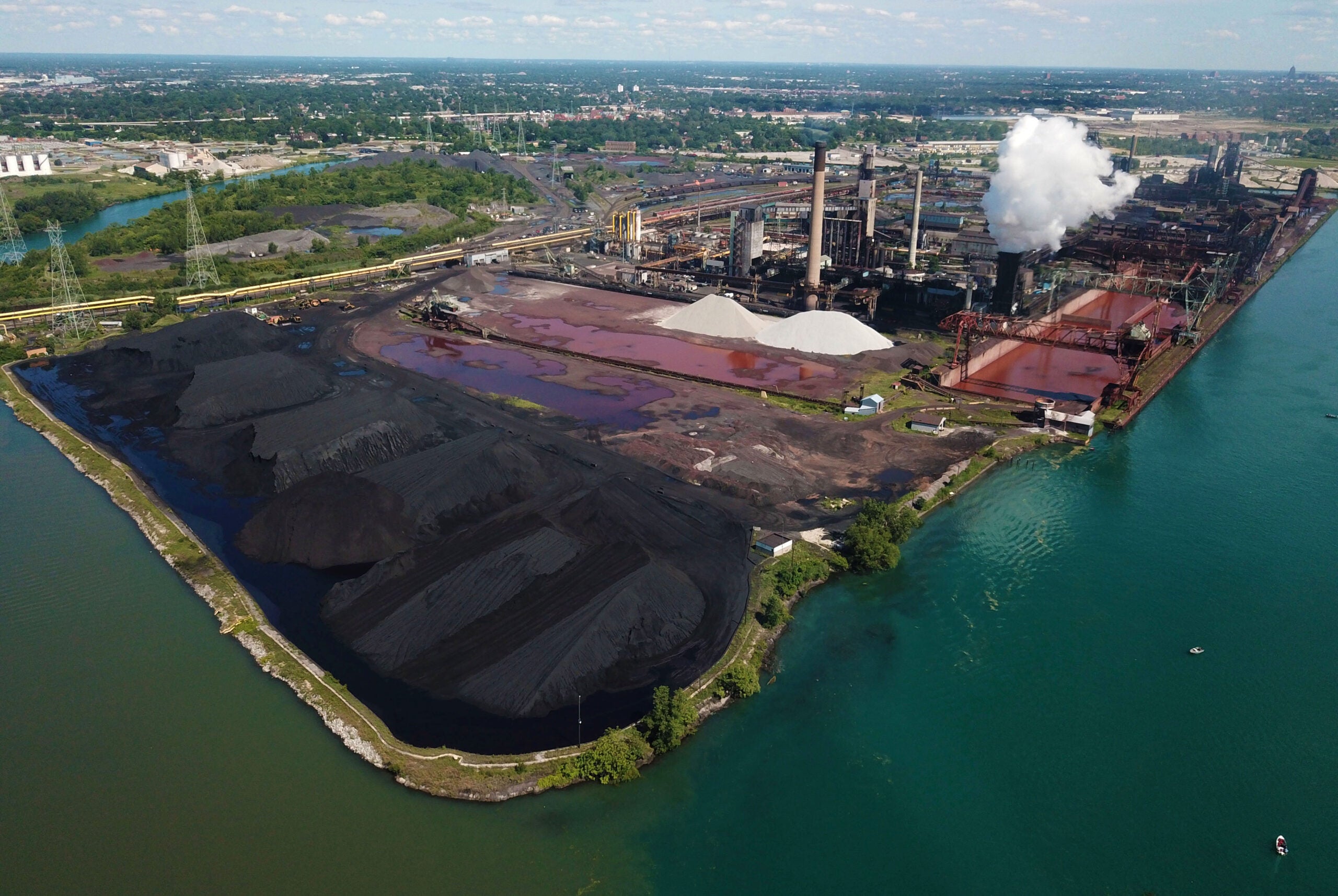EPA Finalizes Overdue Air Standards for Cancer-Causing Coke Ovens Emissions
Victory
—The new rule will require companies to be more transparent about emission releases, fenceline monitoring, and set new limits for dangerous, unregulated air toxics
Contact
The Environmental Protection Agency today announced new standards for cancer-causing emissions released by coke ovens, which produce material used for steel production.
The new standards include monitoring emissions at the fenceline, reducing pollution limits, and setting new emission limits for previously unregulated air toxics, such as mercury and other metals like arsenic and lead. The rule also removes loopholes companies use to avoid reporting periods of unlimited emission releases without consequence.
“The new standards are crucial for safeguarding communities and workers near coke ovens,” said Earthjustice Vice President for Health Communities Patrice Simms. “People have long faced significant health risks, like cancer, due to coke oven pollution. This rule marks a significant advancement in protecting them from industrial air pollution.”
Fenceline monitoring is an essential aspect of the new standards. If a facility’s monitors detect emissions levels that exceed federally established limits, the EPA will require the coke oven owners to take corrective actions. This measure is designed to ensure polluters reduce emissions promptly when exceedances occur.
Coke ovens release hazardous pollutants like lead, mercury, and benzene, increasing the risk of cancers and other serious health issues such as severe eczema and respiratory and digestive lesions.
Under the Clean Air Act, the EPA must set and update emission standards for coke ovens every eight years. Updating these standards led to litigation by Earthjustice, representing several community and environmental organizations. The litigation resulted in a court-ordered deadline for the EPA to finalize the rulemaking by May 23.
Quotes from our clients:
“Toxic coke oven emissions have burdened communities for far too long. Today’s EPA rule is a step forward in protecting people’s health,” said Sierra Club National Clean Air Team Chair Jane Williams. “These rules will reduce the release of cancer-causing pollutants, ensuring cleaner air for our communities.”
“Implementing these new EPA standards is a crucial step forward in protecting our most vulnerable communities from the harmful effects of coke oven emissions,” said GASP Co-Executive, Jilisa Milton. “For too long, residents living near these facilities have suffered from increased health risks, including cancer and respiratory issues. These regulations will help ensure that industries are accountable for pollution and that our communities can breathe cleaner, safer air.”
“The EPA’s finalized standards for coke oven emissions are an important step in protecting public health,” said PennFuture Senior Attorney Angela Kilbert. “These new regulations will significantly reduce the release of toxic pollutants, safeguarding the health of countless families living near these facilities in Pennsylvania and across the country. At PennFuture, we are dedicated to ensuring these standards are strictly enforced, and this rule is a vital step forward in protecting

Additional Resources
About Earthjustice
Earthjustice is the premier nonprofit environmental law organization. We wield the power of law and the strength of partnership to protect people's health, to preserve magnificent places and wildlife, to advance clean energy, and to combat climate change. We are here because the earth needs a good lawyer.